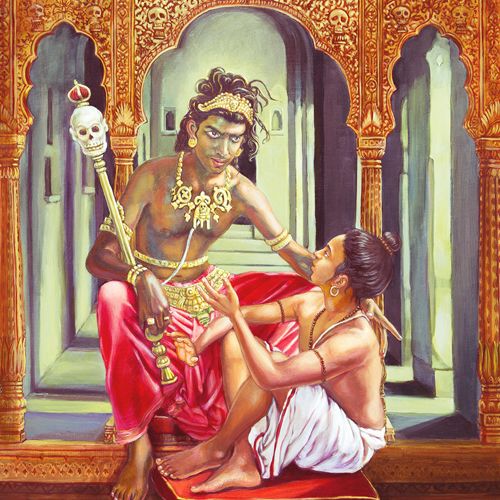
Religious Intolerance: Communalism and Violence in the Name of Faith
Religion, often considered a source of solace and moral guidance, has unfortunately been the cause of deep divisions and conflicts throughout human history. Religious intolerance, fueled by communalism and bigotry, continues to plague societies around the world. In this blog, we explore the origins, consequences, and the urgent need to address religious intolerance, shedding light on the destructive nature of violence in the name of faith.
Origins and Communalism
Religious intolerance finds its roots in the divisions that arise when individuals identify strongly with their religious beliefs and affiliations. Communalism, or the rigid adherence to one's own religious community, fosters an "us versus them" mentality, leading to prejudice, discrimination, and the marginalization of others based on their faith.

Factors such as historical conflicts, political manipulation, economic disparities, and social divisions can contribute to the deepening of communal tensions. This cycle of mistrust and hostility perpetuates a climate of religious intolerance, where acts of discrimination, violence, and persecution become distressingly common.
Consequences and Violence
The consequences of religious intolerance are devastating on both individual and societal levels. Acts of violence, discrimination, and hate crimes targeting individuals or communities based on their religious beliefs inflict deep psychological trauma, disrupt social harmony, and tear apart the fabric of society.

Religious intolerance also hampers social progress and development. By hindering interfaith cooperation, it obstructs efforts to address shared challenges such as poverty, climate change, and inequality. It stifles intellectual discourse, limits freedom of thought, and undermines the potential for cultural exchange and mutual understanding.
Efforts to Promote Tolerance
Promoting religious tolerance requires collective action and a commitment to fostering inclusivity and respect for diverse beliefs. Education plays a crucial role in nurturing tolerance, empathy, and critical thinking. By incorporating lessons on religious diversity, ethics, and human rights, educational institutions can equip future generations with the tools to challenge stereotypes, combat prejudice, and build bridges between communities.

Interfaith dialogue and engagement are essential in fostering understanding, promoting peace, and combating religious intolerance. Encouraging open conversations, joint initiatives, and collaborative efforts can help break down barriers and promote shared values of compassion, justice, and respect for all.

Political leadership also plays a crucial role in combating religious intolerance. By enacting and enforcing legislation that protects religious freedom, ensuring equal rights and opportunities for all, and actively condemning hate speech and discrimination, governments can create an environment that promotes religious harmony and peaceful coexistence.
Conclusion
Religious intolerance poses a significant threat to social cohesion, peace, and human rights. It is incumbent upon us to challenge and confront the roots of this intolerance, striving for a world where individuals are free to practice their faith without fear of discrimination or violence.
By fostering education, interfaith dialogue, and promoting inclusive policies, we can work towards building a society that values diversity, respects the rights and beliefs of all individuals, and cultivates a culture of tolerance and understanding. Let us reject hatred, prejudice, and violence in the name of faith, and instead embrace the shared values that unite us as a global community.
Author
Nishita Khanna
(The images used in this podcast are not owned by Anime Devta, they are just to help the readers)

